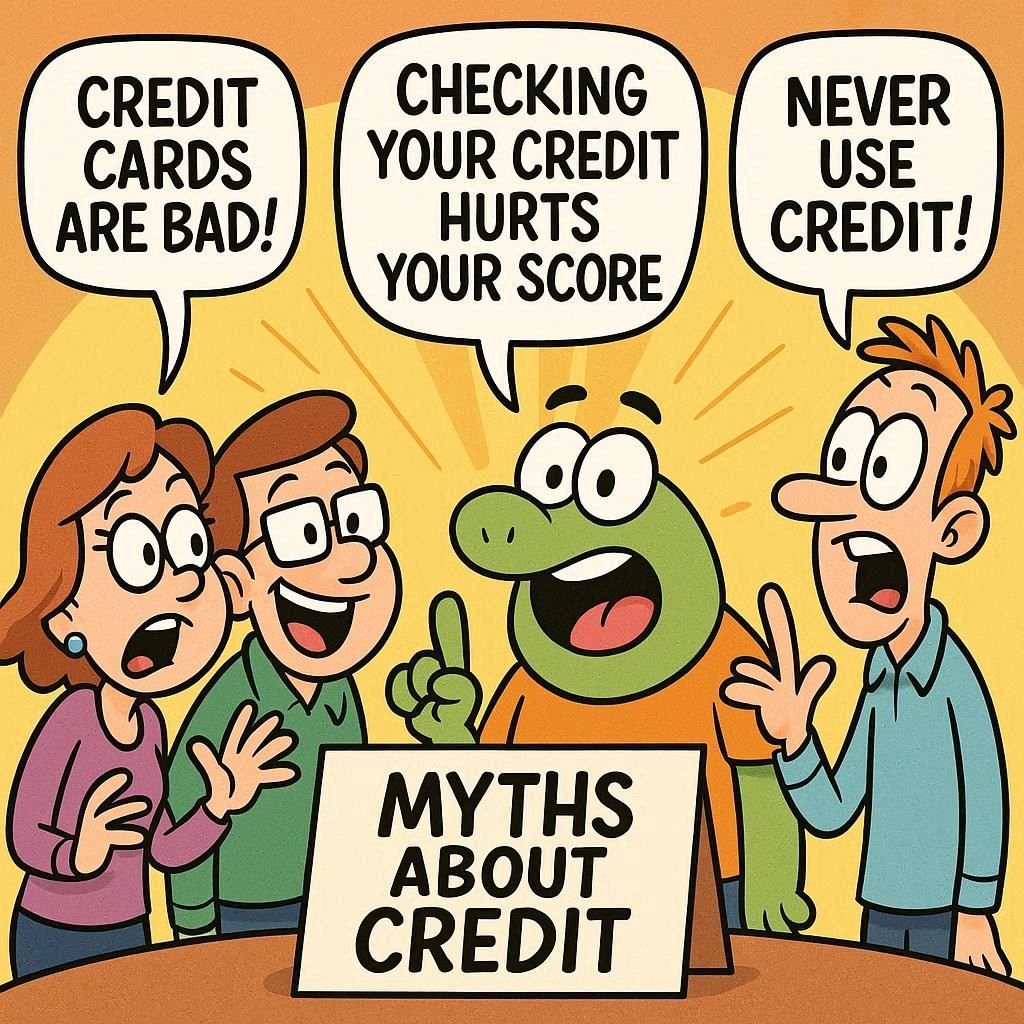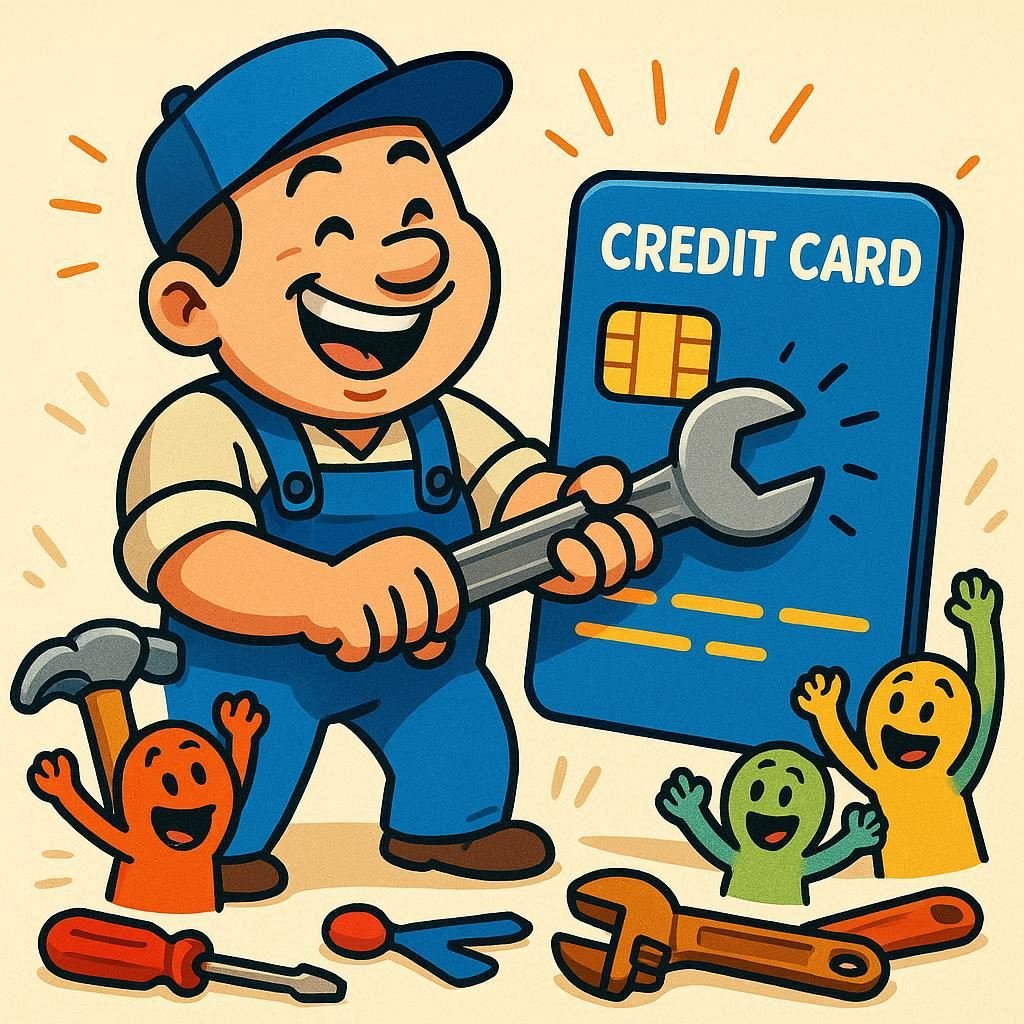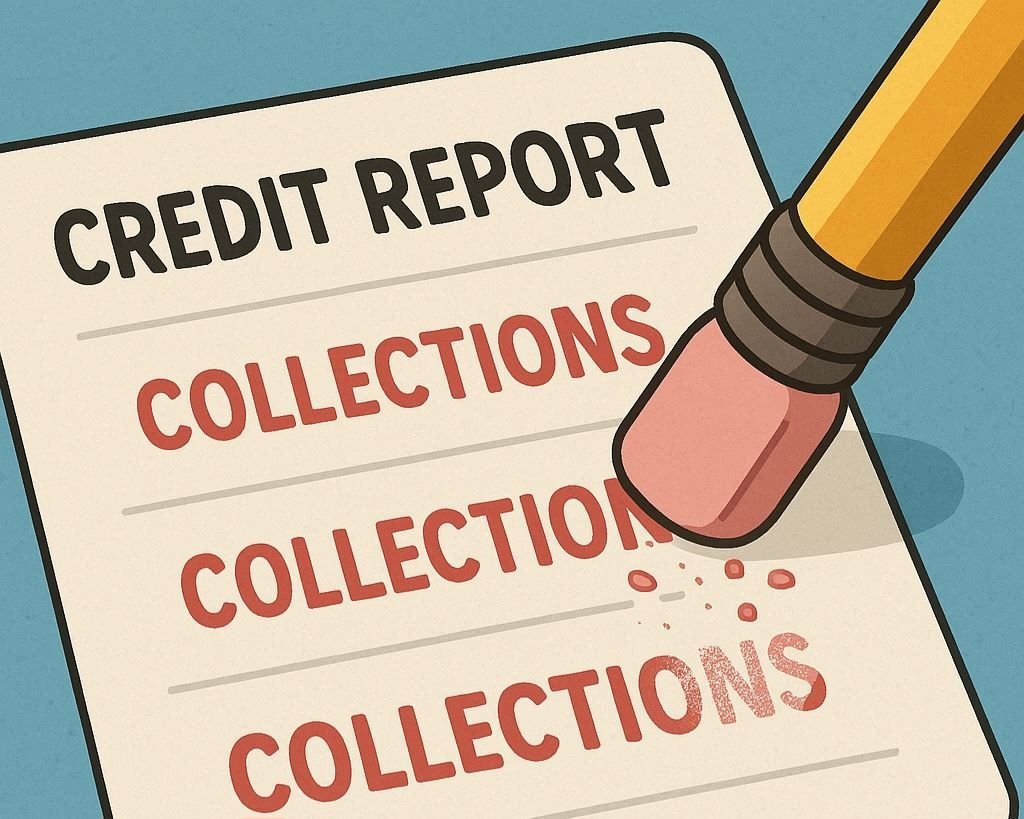Your credit score plays a huge role in your financial life. It affects whether you can get approved for a loan, how much interest you’ll pay, and even if you can qualify for certain apartments or jobs. Unfortunately, there are a lot of myths out there about how credit scores work. Believing these myths can hold you back from improving your score and reaching your financial goals. Let’s clear up some of the most common credit score myths so you can take control of your credit with confidence.
Myth #1: Checking Your Credit Hurts Your Score
Many people avoid checking their credit report because they think it will lower their score. The truth is, when you check your own credit, it’s called a “soft inquiry,” and it has no impact on your score at all. The only time an inquiry affects your score is when a lender checks your credit for a loan or credit card application—this is known as a “hard inquiry.” You should check your credit regularly to stay informed and spot errors before they hurt your score.
Myth #2: Carrying a Balance Helps Your Credit
Some people believe they need to keep a balance on their credit cards to prove they are “using credit.” This is false. Carrying a balance does not improve your credit score, and it only costs you money in interest. What really matters is your credit utilization ratio—how much of your available credit you’re using. Keeping your balances low (ideally under 30% of your limit) is what actually helps your score.
Myth #3: Closing Old Accounts Boosts Your Score
It might seem like closing a credit card you no longer use would improve your score, but in most cases, the opposite is true. Closing accounts reduces your total available credit, which can increase your utilization ratio and hurt your score. Old accounts also contribute to your credit history length, another factor in your score. Unless an account has a high annual fee or a negative history, it’s usually better to keep it open.
Myth #4: Paying Off Debt Immediately Fixes Your Credit
Paying off debt is a great financial move, but it doesn’t automatically erase past mistakes. If you had late payments or accounts in collections, those negative marks may stay on your credit report for up to seven years. The good news is that their impact lessens over time, especially if you keep making positive credit moves. Paying off debt is still essential, but patience is key when it comes to credit recovery.
Myth #5: You Only Have One Credit Score
There isn’t just one universal credit score. Different credit bureaus and scoring models (like FICO and VantageScore) calculate scores slightly differently. That’s why you might see a different number depending on where you check. Don’t get too hung up on one score—focus instead on the habits that improve all scores, like paying bills on time, keeping balances low, and maintaining a healthy mix of credit.
Myth #6: You Need to Be Debt-Free to Have a Good Score
This myth trips up a lot of people. You don’t need to avoid all debt to build good credit. In fact, using credit responsibly is how you build a strong score. Having a credit card or loan and making payments on time shows lenders you can handle debt wisely. It’s not about being debt-free, but about showing consistent, responsible credit behavior.
The Bottom Line
Your credit score doesn’t have to be a mystery. By ignoring these common myths and focusing on healthy credit habits, you can steadily raise your score over time. Pay bills on time, keep your balances low, avoid unnecessary new accounts, and monitor your credit reports regularly. With patience and the right approach, your credit score will improve—and so will your financial opportunities.
If you want to dig deeper into how credit scores are calculated, you can check out this resource from Consumer Financial Protection Bureau, a reliable source for credit and debt information.





